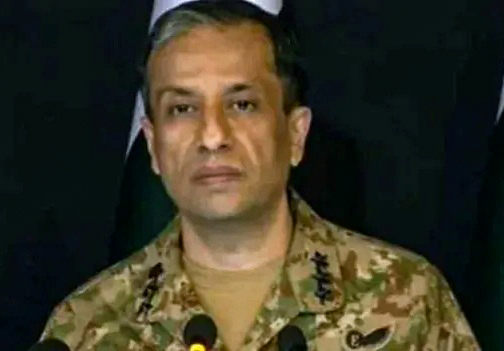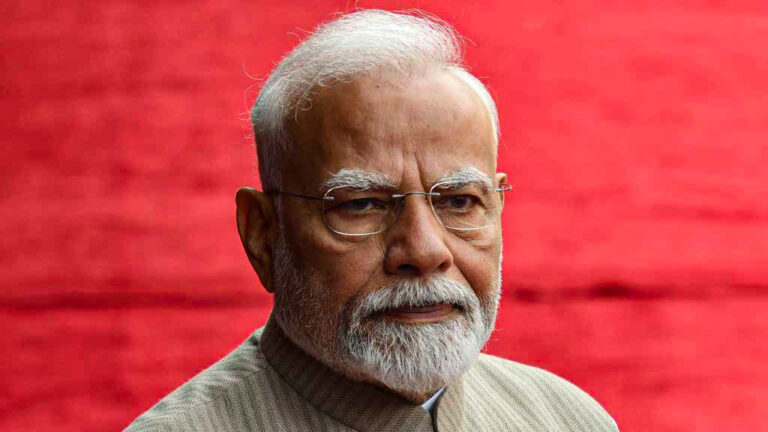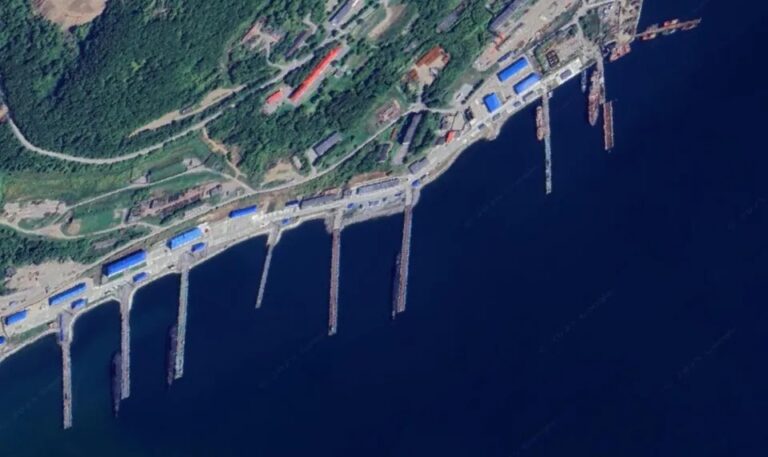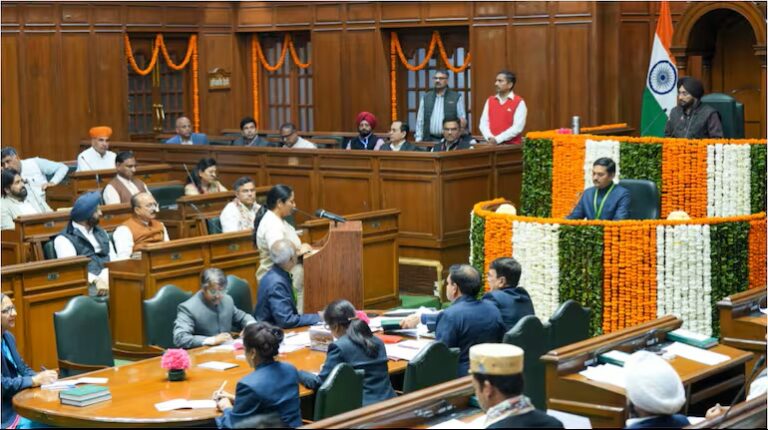
Hours before the test, HT reported India perceived Pakistan’s planned missile test as a “reckless provocation” and a “dangerous escalation” of its hostile campaign
New Delhi: Hours after Indian authorities said that Pakistan’s plans to test a ballistic missile would be seen as a “reckless act of provocation”, the Pakistani military on Saturday conducted a launch of the Abdali surface-to-surface ballistic missile with a range of 450 km.
The launch was “aimed at ensuring the operational readiness of troops” and “validating key technical parameters, including the missile’s advanced navigation system and enhanced manoeuvrability features”, Pakistan’s Inter-Services Public Relations (ISPR) or the military’s media arm said in a statement.
The Abdali is a land-based tactical ballistic missile that is already in service with Pakistan’s strategic forces. Though the ISPR statement didn’t provide further details about the missile, it appeared that the version tested on Saturday had a longer range. The road-mobile, solid propellant Abdali missile was earlier reported to have a range of 180 km to 200 km.
Hours before the test, HT was the first to report that Indian authorities perceived the planned Pakistani ballistic missile test as a “reckless act of provocation” and a “dangerous escalation” of Islamabad’s “hostile campaign” against New Delhi.
People familiar with the matter said on condition of anonymity that in the aftermath of the Pahalgam terror attack, Pakistan had frantically issued naval warnings, ramped up drills in the Arabian Sea, and indulged in continuous ceasefire violations along the Line of Control (LoC) and international border in Jammu and Kashmir.
“This planned missile test, under such volatile conditions, is nothing short of a blatant provocation and a desperate attempt to whip up tensions with India,” one of the people said.
The ISPR statement said the “successful training launch” of the Abdali weapon system was part of “Exercise Indus”.
The codename for the military drill appeared to be linked to ongoing tensions between India and Pakistan over New Delhi’s decision to suspend the Indus Waters Treaty as part of punitive measures against Islamabad over the Pahalgam terror attack. Pakistan’s leadership has said that any attempt to stop or divert the country’s share of river waters under the Indus Waters Treaty will be seen as an “act of war”.
The missile launch was witnessed by the commander and senior officials of the Pakistan Army’s Strategic Forces Command, the Strategic Plans Division, which is responsible for the country’s nuclear arsenal, and scientists and engineers from Pakistan’s strategic organisations.
Pakistan President Asif Ali Zardari, Prime Minister Shehbaz Sharif, the chairman of the Joint Chiefs of Staff Committee, and the three service chiefs “expressed complete confidence in the operational preparedness and technical proficiency of Pakistan’s Strategic Forces to ensure credible minimum deterrence and safeguard national security against any aggression”
Pakistani troops violated the February 2021 ceasefire agreement on the LoC around 15 times between January and early April this year. But the repeated targeting of Indian posts along the LoC and the international border on Wednesday sparked the most extensive cross-border exchange of fire since the truce was revived in 2021.
Both countries have also conducted military exercises in recent days.
On Tuesday, Prime Minister Narendra Modi gave India’s armed forces “complete operational freedom” to decide on the mode, targets and timing of the response to the Pahalgam terror attack. At the same time, he emphasised the national resolve to deal a “crushing blow to terrorism”.
On Wednesday, Pakistan’s deputy prime minister Ishaq Dar told a media briefing his country will not resort to any escalatory action but will respond “very strongly” to any escalatory move by India. The Pakistani side has denied any involvement in the Pahalgam terror attack and called for an independent investigation into the imcident.






